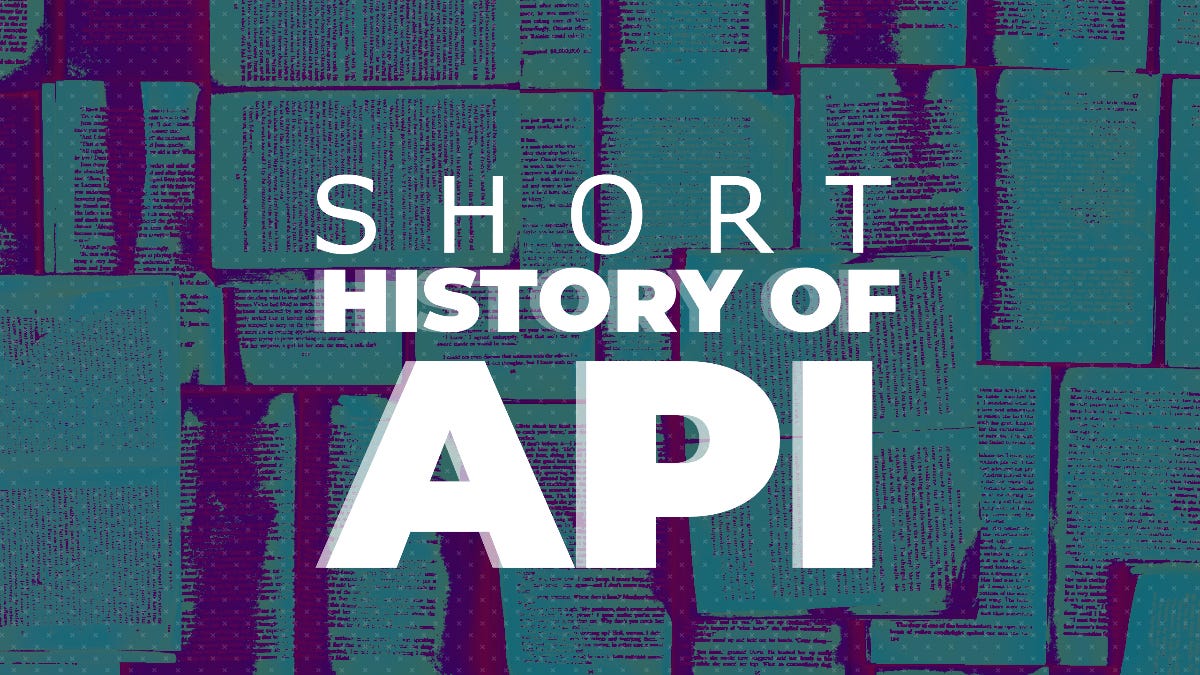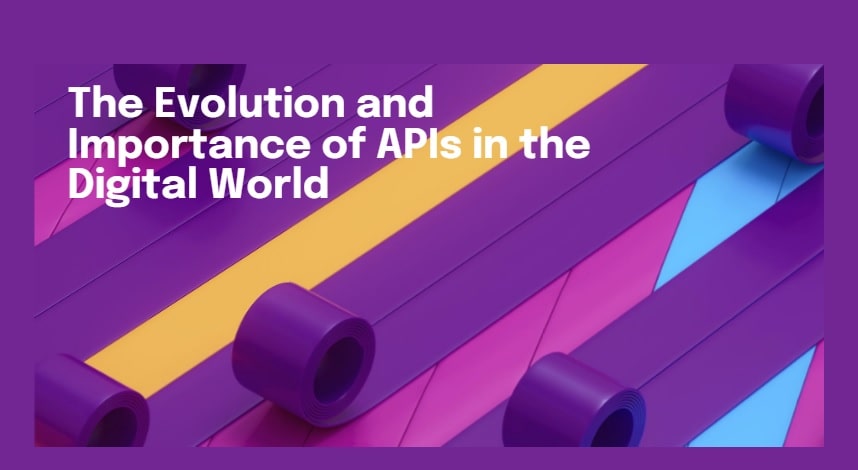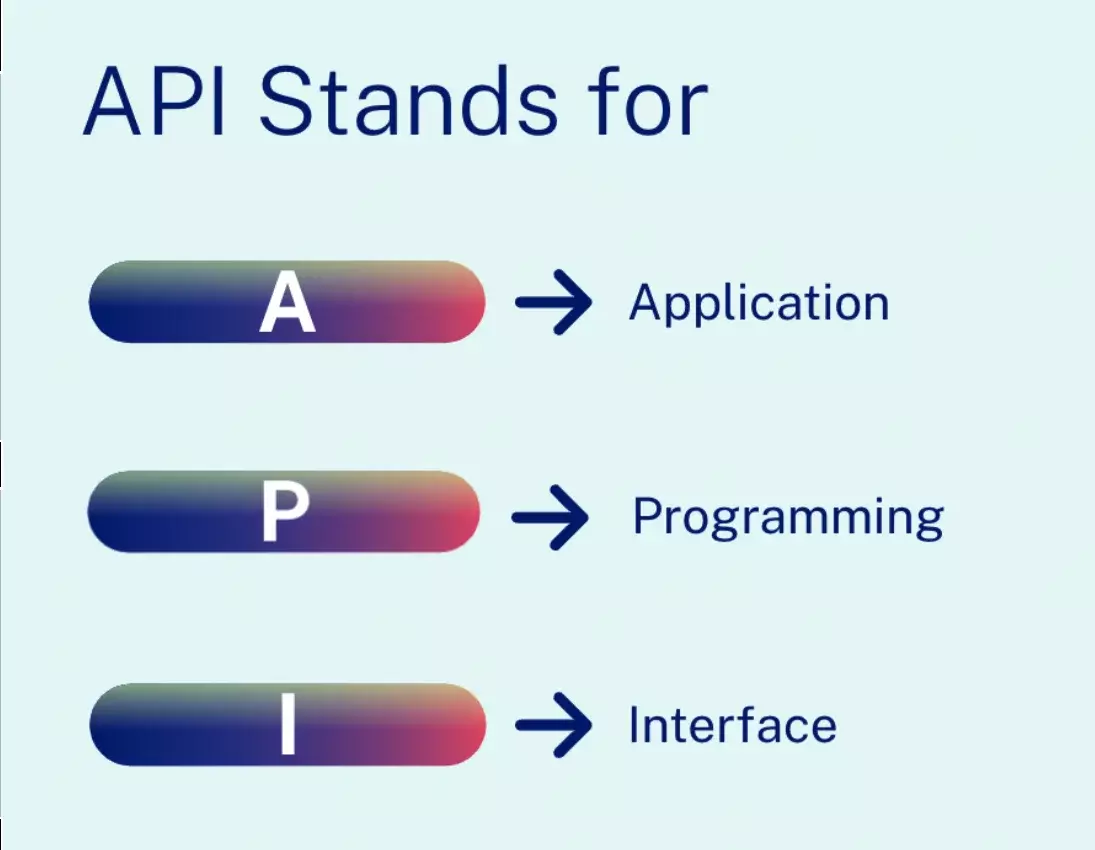The Evolution and Importance of APIs in the Digital World
Introduction
In today’s world, it’s hard to imagine a day without interacting with the digital realm. From the smartphones we habitually check, to the vast cloud networks storing our favorite photos, the digital landscape has intertwined with our daily lives. But beneath the user-friendly interfaces and sleek designs of our favorite apps and websites lies a complex matrix of interactions. These interactions, often silent and invisible, are the unsung heroes making our digital experiences seamless. And what’s the magic behind this? APIs, or Application Programming Interfaces. API serves as the connectors, the communicators, the bridge between different software systems. They’re the reason you can share a post from a news app directly to your social media. As we embark on this exploration of APIs, we’ll uncover their evolution and understand why they’ve become so crucial in our digital world.
Table of Contents
Basics of APIs: Understanding the Acronym
Let’s start by simplifying a term that might sound technical: API. So, what does API stand for? At its core, API means Application Programming Interface. Think of it like a translator between two friends who speak different languages. If one friend speaks English and the other speaks French, they need a translator to understand each other.
Similarly, APIs help different software “speak” and understand each other. When you use an app on your phone to check the weather, for example, that app uses an API to ask a weather server for the latest updates. It’s this quiet conversation between softwares that makes our digital lives run smoothly.
The Historical Evolution of APIs

Journeying back in time, the world of computers and technology wasn’t as connected as today. Imagine isolated islands, each having its treasure but unable to share it. That’s how early computers and software were – full of potential but limited in communication.
The first APIs came as bridges between these islands, allowing them to exchange their treasures. These early APIs were basic, like a rope between boats, passing simple messages between software.
As technology grew, so did the complexity of our tasks. We needed more than just ropes; we needed strong bridges. This led to the birth of web-based APIs. Instead of only talking to software on the same computer, programs could now communicate with software across the world. Imagine sending a letter to a friend overseas and getting a reply!
Recently, the styles of these bridges, or APIs, have changed too. We moved from SOAP, a detailed and structured method, to REST, which is like a casual chat, and GraphQL, a more tailored conversation.
Role of APIs in the Modern Digital Ecosystem
Let’s think of our favorite apps and websites as bustling cities in the digital world. These cities need supplies like news, weather updates, and messages from friends. But how do these supplies get delivered? That’s where APIs come into play.
APIs are like the delivery trucks that transport these goods between cities. For instance, when you post a picture on a social media app, an API helps deliver that picture to your friend’s app on their phone. Or when you play a song on a music app, an API fetches that tune from a distant music storage city and plays it on your device.
Furthermore, modern apps often have smaller teams focusing on just one thing, like traffic updates or weather forecasts. These teams use APIs to share their info with bigger apps. It’s like smaller towns supplying to big cities.
How API is useful in today’s digital world?
APIs (Application Programming Interfaces) are essential in today’s digital world as they facilitate seamless integration and communication between software systems, enabling businesses to connect and share data efficiently. APIs empower developers to build applications faster by utilizing pre-built functionalities and resources, fostering innovation and reducing development time and costs. They also enable businesses to create ecosystems and unlock new business models by exchanging data and services with external partners.
Why are APIs becoming very important for business?
APIs have become increasingly important for businesses due to their ability to facilitate connectivity and integration between software systems, promote ecosystem development, drive digital transformation, provide flexibility and scalability, and enable seamless partner integration and collaboration. They empower businesses to streamline processes, innovate, leverage emerging technologies, and expand their reach, ultimately enhancing efficiency, competitiveness, and value creation.
Impact of APIs on Businesses and Economies
When we talk about businesses today, it’s like thinking about a bustling marketplace. Each stall or shop has something unique to offer. Now, imagine if these stalls could easily share their special products or services with each other. That’s the magic APIs bring to the business world.
Let’s say a shop sells beautiful photos. With the help of an API, a travel blog can showcase these photos, driving more customers to both the blog and the photo shop. This collaboration helps businesses grow together.
Because of APIs, many companies have found new ways to earn money. For example, some businesses offer their API for others to use, turning their unique services into products anyone can buy.
On a larger scale, APIs help countries work together in the digital world. Businesses from one country can easily connect with those in another, leading to more trade and growth.
The Significance of API Security
Imagine a city with bustling roads, delivery trucks (our APIs) coming and going. Now, think of what would happen if these roads weren’t safe. The same goes for our digital world; without secure APIs, our data could be at risk.
APIs, like any road, can sometimes be targeted by thieves – in the digital world, we call them hackers. These hackers try to intercept the deliveries, stealing information or causing disruptions.
To stop them, we set up digital guard towers and checkpoints, ensuring only authorized trucks pass through. This process of safeguarding is what we refer to as API security.
In essence, just as cities need safe roads, our digital world needs secure APIs to ensure everything runs smoothly and safely.
Future Perspectives: Where APIs are Headed
Looking ahead, let’s imagine our digital world as a vast, ever-growing universe. New stars, planets, and galaxies keep appearing. And guess what? APIs are like spaceships that help explore and connect these new realms.
Soon, more gadgets around us, like fridges or even shoes, will join this universe, talking to each other. This exciting era, known as the Internet of Things (IoT), heavily relies on APIs.
Moreover, as we make friends with robots and smart machines, APIs will be the secret handshakes, helping us understand and collaborate with them.
Final Words on Application Programming Interfaces
In our journey through the digital landscape, it’s clear that APIs are the unsung heroes, the bridges connecting distant lands. From their humble beginnings to shaping tomorrow’s frontiers, APIs play a central role. As we move forward, all of us need to work on the magic of APIs that make our interconnected digital world possible.

Adhar Dhaval is experienced portfolio, program and project leader with demonstrated leadership in all phases of sales and service delivery of diverse technology solutions. He is a speaker sharing advice and industry perspective on emerging best practices in project leadership, program management, leadership and strategy. He is working for the Chair Leadership Co.











